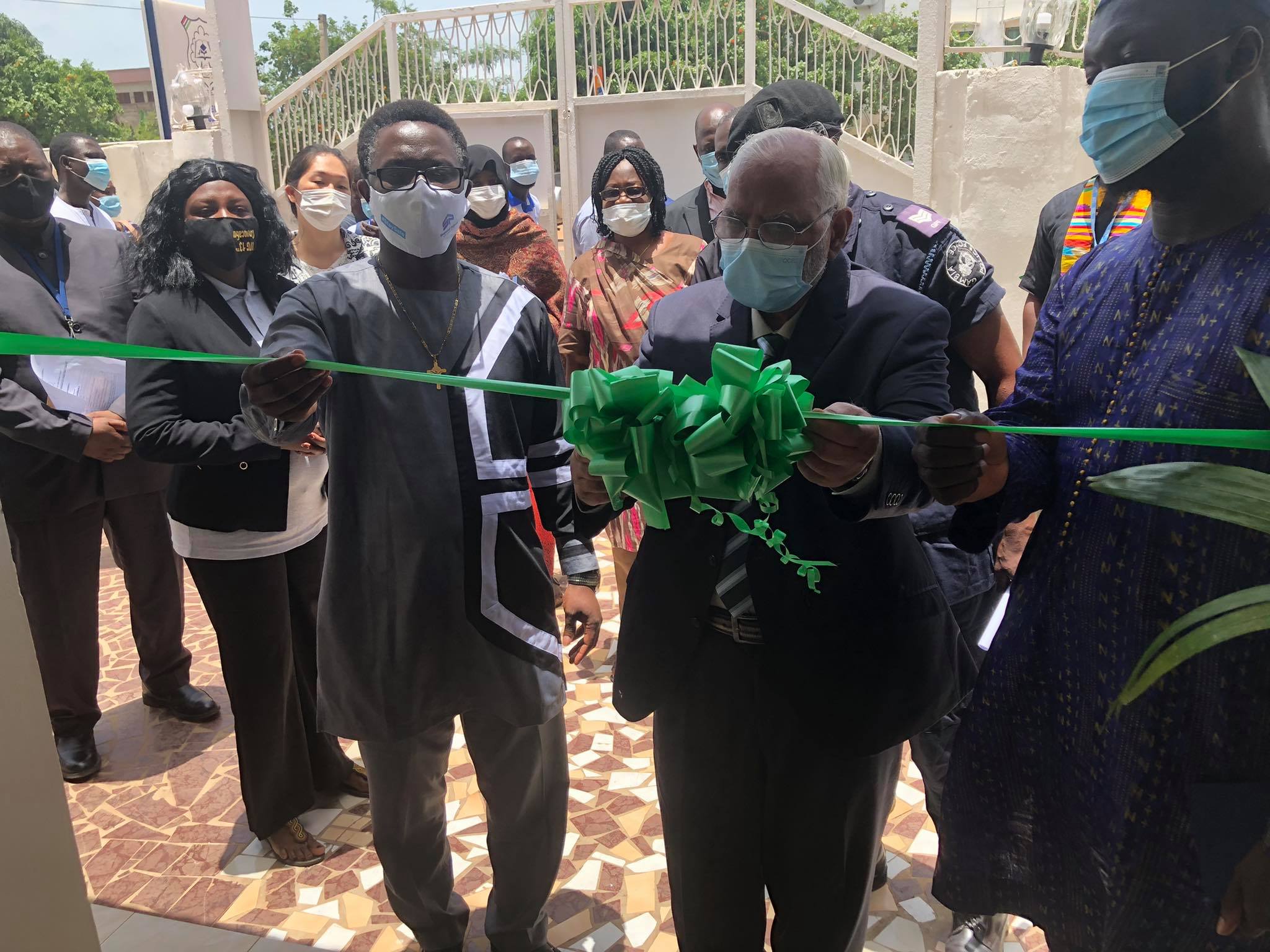By: Nyima Sillah
The Department of Information Services (DoIS) on Tuesday, 9th May, commenced two days of capacity-building training for the Government Information Officers on Access to Information (ATI) Law in Local Languages.
The training is currently underway in Bijilo.
The training was funded by UNESCO through the UNESCO NATCOM office in The Gambia for UNESCO Participation Program 2022-2023.
In his remark, Ebrima Njie, Deputy Director of Information Service said “Access to information law is a very important law as far as our democratic transition is concerned and it is the responsibility of the Ministry of Information through the Department of Information and Services to prepare the ground for its successful implementation.
“The training is crucial, particularly in local language communication techniques. We are aware that about 40% of our population cannot read or write English. However, we cannot leave them behind that is why coming up with this training in the local language particularly when it comes to communication, ATI becomes very significant.”
He noted that the training involves few local languages due to funding but assured that as time goes on, all the local languages will be included and therefore urged participants to take the training seriously because such training is rare.
Lamin Jarju, Senior Program Officer at the UNESCO NATCOM office elaborated on UNESCO’s engagement with the Department of Information and expressed gratitude to the Department of info service for their continued partnership and collaboration.
He added that the training of information officers is going to create a link between them and the communities during their research, finding data or information that are relevant to the central government or partners.
On behalf of the Minister of Information, Isatou Davies Ann, the Director of DoIS, acknowledged UNESCO in support of the Access to Information Law and the need to support the Ministry in the implementation of the law.
She added that Information officers play a significant role in the successful implementation of the ATI law, and need to have the required competence to effectively execute their duty as prescribed by the law.
She noted that training them in handling information requires local languages gives opportunity to every citizen to enjoy the fundamental human right to access public information ensuring no one is left behind.
“I would like to affirm the government’s commitment to transform the government into the deacon of democracy, adding that the government through my ministry is determined to create the right environment for citizens in national decision-making processes,” he added.





